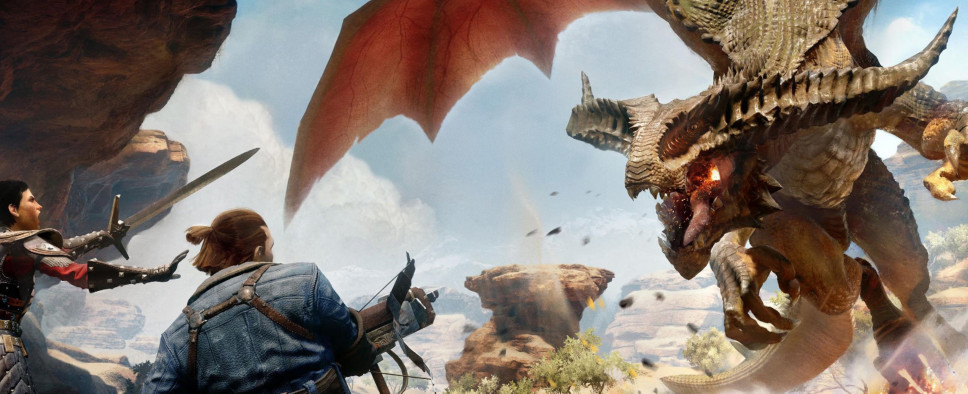Dragon Age: Inquisition Character Profiles, Continued
-
Category: News ArchiveHits: 1714

The latest Dragon Age: Inquisition character to get the profile treatment is Cole, the most recently revealed companion. The character made his first appearance in David Gaider's novel Asunder, but now writer Patrick Weekes has taken over the reins for him and explains what he intends to do with the character in this interview:
[DA]: So, you're taking over a character originally penned by David Gaider. No pressure, obviously.
[PW]: Indeed. Dave is great at creating sympathetic characters, and I loved Cole's arc in the novel. I was guessing at his true nature until the climax of the book. But I couldn't just tell that story again. The character has to grow, for one thing. and also, that arc was tied to Cole not knowing what he is. Once Seeker Lambert whips out the Litany of Adralla, that pretty much narrows Cole down to blood mage or demon, and since he wasn't using blood magic.
[DA]: So, Cole is definitely a demon?
[PW]: Welllllllll. he's definitely somewhere on the Demon-or-Spirit Spectrum of Fade Creatures (which I really hope exists somewhere). A lot of people will always see him as a demon. He would rather be a spirit. He's trying.
[DA]: It sounds like Cole suffers from a very complicated existence.
[PW]: Now that he has accepted his nature, he's less constrained by human limitations. He can sense people's pain, which is actually what he was doing back in Asunder without realizing it, when he found the mages who were terrified and desperate enough to be able to see him. He can find people who are hurting, people in need, and he can help them.
[DA]: Clearly, there is no foreseeable way that could go wrong.
[PW]: Cole remains a work in progress, yes. Anyone who allows him to join the Inquisition (and because there are people whose response to him in Asunder was, "Demon? LOL NOPE," allowing him to join is optional) is going to hear about some weird things happening, with no one quite sure who put all those turnips in the fireplace or why the battlements are covered with loaves of bread.

